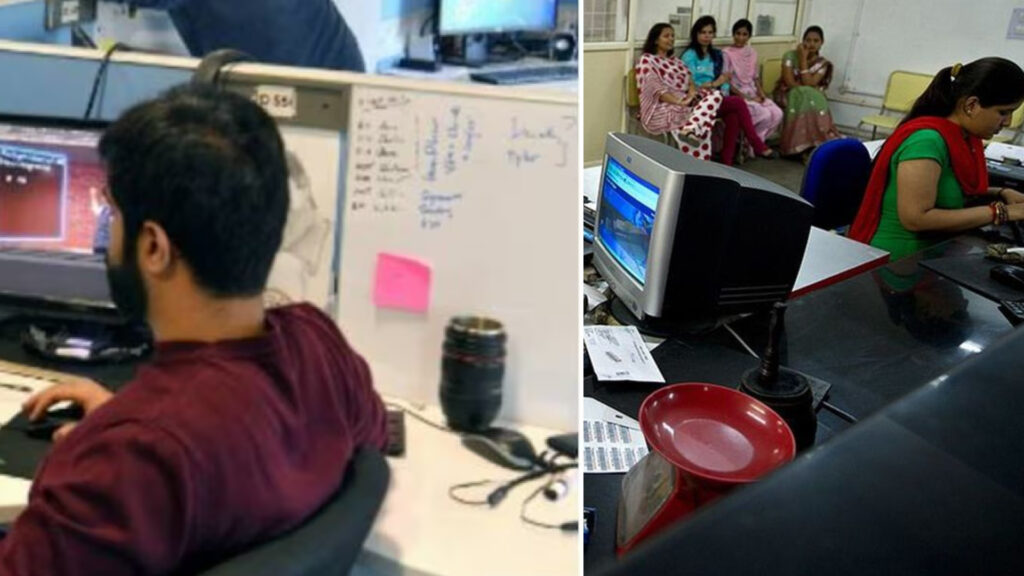The future of driving might not just be electric—it could also be decentralized. According to a recent report by Allied Market Research (AMR), the automotive blockchain market is on pace to skyrocket to $5.6 billion by 2030, with an astonishing compound annual growth rate (CAGR) of 29.3%. This signals more than just a trend—it’s a transformation.
While blockchain is commonly linked to cryptocurrencies and the metaverse, its application in the automotive ecosystem is shaping up to be one of its most practical and impactful use cases.
Why Blockchain Matters in the Automotive Space
Let’s break it down. At its core, blockchain technology offers a decentralized method of storing and sharing data. Unlike traditional Web2 servers, where information is stored in centralized silos, blockchain distributes data across a network of nodes. This means:
-
Data cannot be tampered with
-
Transactions are transparent and traceable
-
Cybersecurity is inherently stronger
-
Intermediaries can be eliminated
In short, blockchain enhances trust, efficiency, and resilience—three qualities highly sought after in the auto industry.
Key Use Cases: More Than Just Buzzwords
Blockchain’s role in automotive is not theoretical—it’s already being explored and implemented across several practical areas:
-
Vehicle Sale Records: Every sale recorded immutably to prevent fraud or title issues.
-
Service Logs: Maintenance history that can’t be faked or lost.
-
Warranty Claim Processing: Automated and validated through smart contracts.
-
Supply Chain Transparency: From parts manufacturing to final delivery.
-
Insurance & Leasing: Real-time verifications without the need for intermediaries.
What’s more, buyers and sellers can transact directly using blockchain-based platforms, removing the need for middlemen like brokers or even dealerships in some scenarios.
Regional Trends: North America Leads, Others Catch Up
The AMR report projects North America—particularly the US and Canada—to remain the largest market for automotive blockchain adoption. But Europe, Asia-Pacific, and LAMEA (Latin America, Middle East, Africa) are also expected to catch up rapidly as governments and automakers look to enhance digital infrastructure.
Industry Adoption: From Daimler to Toyota
This shift isn’t being led solely by tech companies. Major automakers have already dipped their toes into blockchain experimentation:
-
Daimler AG (Mercedes-Benz) formed the Blockchain Factory in 2019 to explore financial services and smart contract solutions.
-
Toyota investigated blockchain-based employee management tools and decentralized finance initiatives in 2023.
These early moves demonstrate that automotive blockchain adoption isn’t limited to behind-the-scenes data—it’s seeping into corporate operations and customer-facing services alike.
What’s Next: Smart Contracts & Mobility as a Service (MaaS)
Another report by Exactitude Consultancy predicts the automotive blockchain market could even hit $9.4 billion by 2034, fueled by rising interest in smart contracts, vehicle identity systems, and the future of personal mobility.
As Mobility-as-a-Service (MaaS) models mature, blockchain could become the backbone for ride-sharing, car rentals, and fleet management platforms—allowing seamless verification, microtransactions, and trustless interactions.
Final Thoughts
The automotive industry is entering a new digital age, and blockchain is poised to be a central player. What was once considered niche tech is now becoming a foundational layer for transparency, efficiency, and innovation.
Whether you’re an automaker, a tech investor, or a consumer interested in the future of cars, keep your eyes on blockchain. By 2030, it might not just be your car that’s smart—it could be fully integrated into a decentralized, secure, and transparent network reshaping how we move, buy, and drive.













